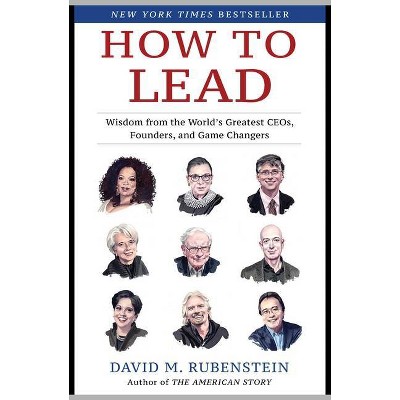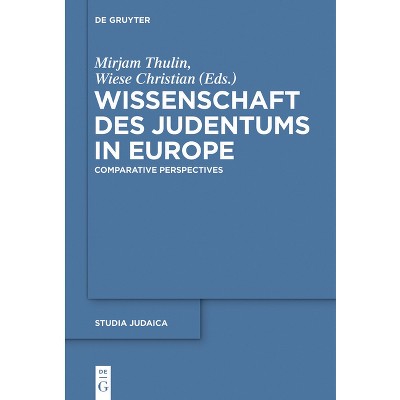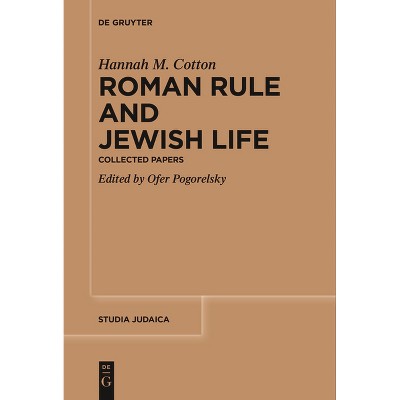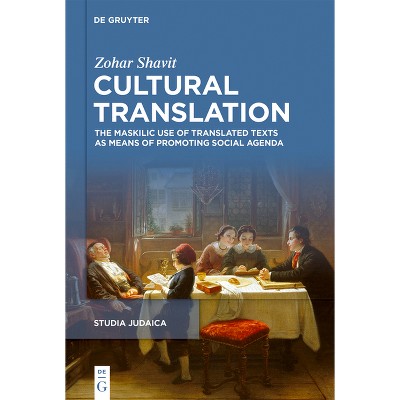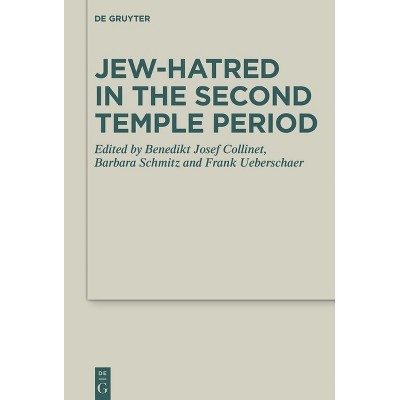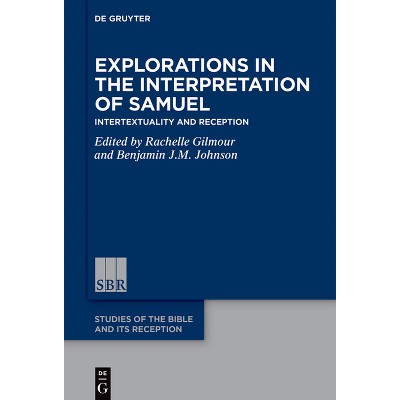Sponsored

Land and Temple - (Studia Judaica) by Benjamin D Gordon (Paperback)
In Stock
Sponsored
About this item
Highlights
- This exploration of the Judean priesthood's role in agricultural cultivation demonstrates that the institutional reach of Second Temple Judaism (516 BCE-70 CE) went far beyond the confines of its houses of worship, while exposing an unfamiliar aspect of sacred place-making in the ancient Jewish experience.
- About the Author: Benjamin D. Gordon, University of Pittsburgh, Pennsylvania, U.S.A.
- 298 Pages
- Religion + Beliefs, Judaism
- Series Name: Studia Judaica
Description
About the Book
Cults and temples of the ancient world regularly held assets in land, often naming a patron deity as landowner but managing the land themselves and affording it sanctity protections. Such arrangements can provide essential background to the Hebrew BBook Synopsis
This exploration of the Judean priesthood's role in agricultural cultivation demonstrates that the institutional reach of Second Temple Judaism (516 BCE-70 CE) went far beyond the confines of its houses of worship, while exposing an unfamiliar aspect of sacred place-making in the ancient Jewish experience. Temples of the ancient world regularly held assets in land, often naming a patron deity as landowner and affording the land sanctity protections. Such arrangements can provide essential background to the Hebrew Bible's assertion that God is the owner of the land of Israel. They can also shed light on references in early Jewish literature to the sacred landholdings of the priesthood or the temple.From the Back Cover
This exploration of the Judean priesthood's role in agricultural cultivation demonstrates that the institutional reach of Second Temple Judaism (516 BCE-70 CE) went far beyond the confines of its houses of worship, while exposing an unfamiliar aspect of sacred place-making in the ancient Jewish experience. Temples of the ancient world regularly held assets in land, often naming a patron deity as landowner and affording the land sanctity protections. Such arrangements can provide essential background to the Hebrew Bible's assertion that God is the owner of the land of Israel. They can also shed light on references in early Jewish literature to the sacred landholdings of the priesthood or the temple.
About the Author
Benjamin D. Gordon, University of Pittsburgh, Pennsylvania, U.S.A.
Shipping details
Return details
Frequently bought together

Trending Non-Fiction







